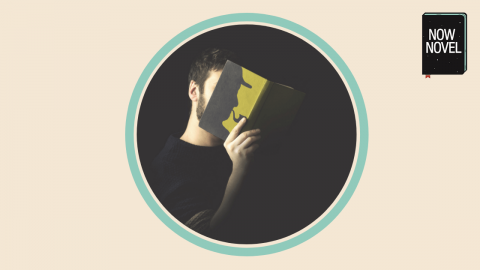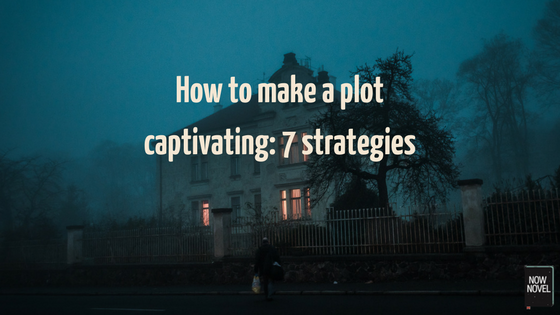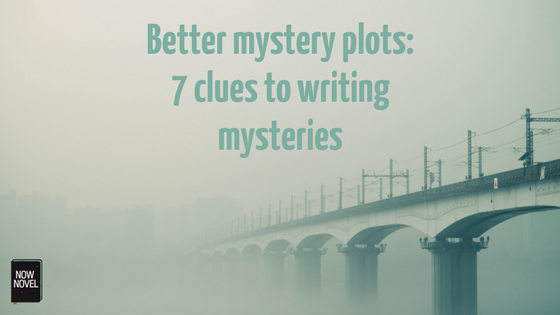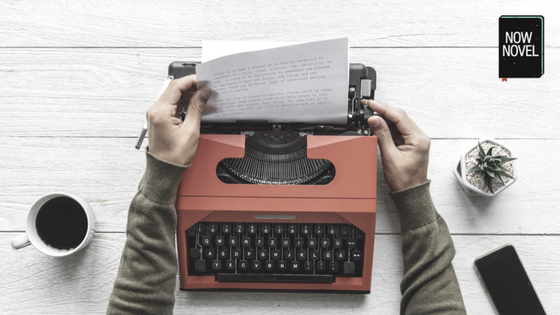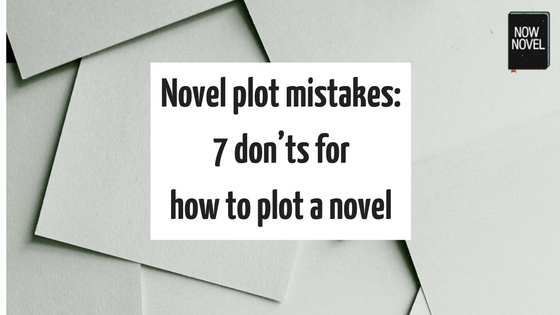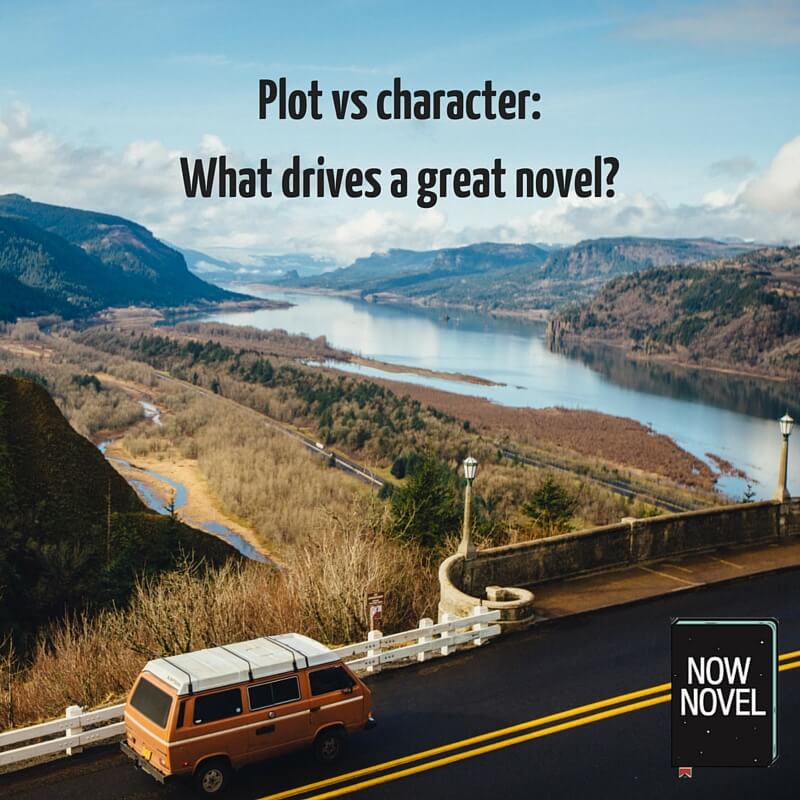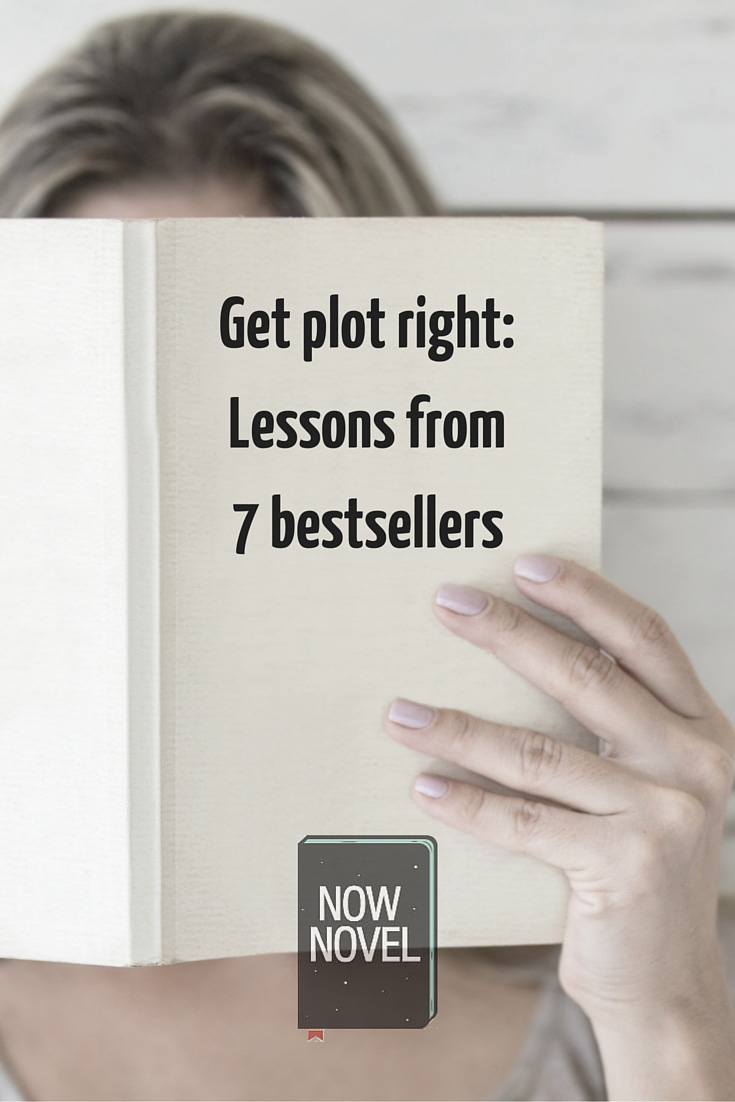Learning how to write cliffhangers and suspenseful scenes is a crucial skill, whether you write mystery thrillers, fantasy fiction or another genre. The suspense examples from books below show how to bring readers to the intolerable state of not knowing that makes us race to turn the page. Here are 5 tips to start:
